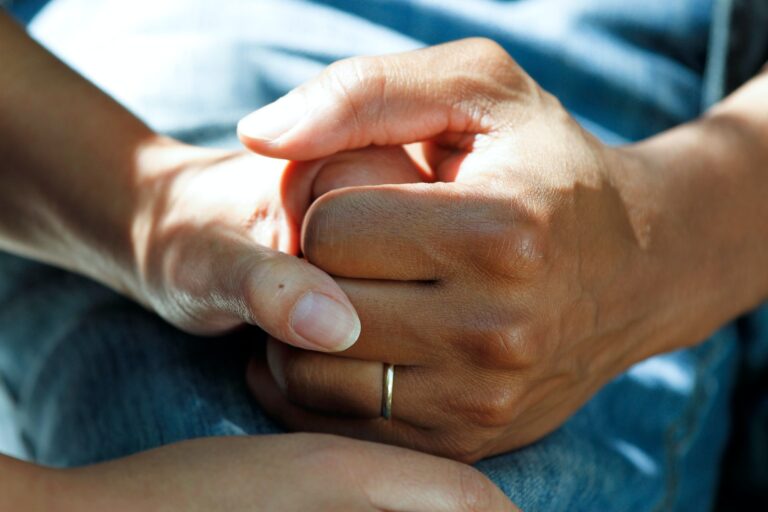There are a lot of things that can happen in life that require us to seek out urgent medical attention. But how do you know when something is truly an emergency? This can be a difficult decision to make, especially in the moment. In this blog post, we will explore some of the signs that indicate you should seek urgent medical attention. We’ll also provide some tips on how to best navigate the healthcare system in an emergency situation. If you or someone you know is experiencing any of the following symptoms, don’t hesitate to seek medical help right away.
How Do You Know You Need to Go to the ER (Emergency Room)?
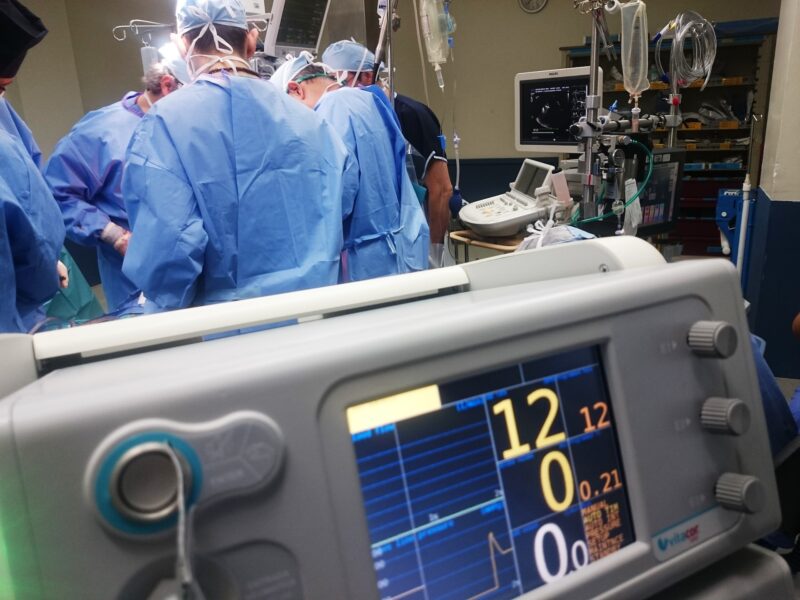
Emergency room, also known as the ER, is a hospital department that provides care for patients with life-threatening or serious injuries or illnesses. There are many reasons why someone might need to go to the emergency room. Some of the most common reasons include:
– Having a heart attack or stroke.
– Being in a car accident.
– Suffering a serious fall.
– Being burned.
– Having a seizure.
– Being pregnant and experiencing complications.
– Having a severe headache or abdominal pain.
– Ingesting poisonous substances.
If you are experiencing any of these symptoms, it is important to seek medical attention right away. Urgent care in Denver Colorado can also provide you with the care that you need.
What are the Symptoms of a Heart Attack?
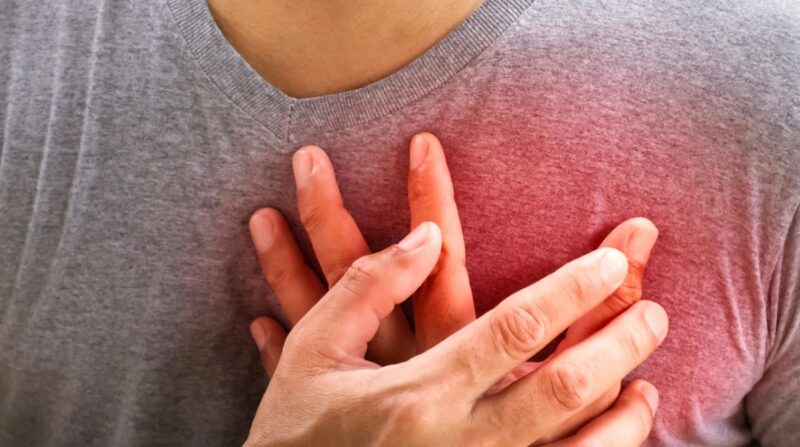
When it comes to heart attacks, there are a few key symptoms that you should be aware of. First and foremost, chest pain is the most common symptom of a heart attack. This pain can feel like a squeezing sensation or pressure in the chest, and it may radiate to the arms, jaw, neck, or back. Other symptoms of a heart attack may include shortness of breath, sweating, lightheadedness or dizziness, nausea or vomiting, and an irregular heartbeat. If you experience any of these symptoms, it’s important to seek medical attention right away as they could be signs of a heart attack.
What are the Symptoms of a Stroke?

When someone is having a stroke, time is critical. Every minute that passes, the brain is damaged further. That’s why it’s important to know the symptoms of a stroke and to get medical attention immediately if you or someone you know experiences them.
There are two main types of strokes: ischemic and hemorrhagic. Ischemic strokes, which make up about 87 percent of all strokes, occur when a blood clot blocks an artery in the brain. Hemorrhagic strokes happen when a blood vessel in the brain ruptures and bleeds into the surrounding tissue.
Both types of strokes can cause similar symptoms, including:
– Sudden onset of weakness or numbness in the face, arm or leg (often on one side of the body).
– Sudden confusion or trouble speaking or understanding others.
– Sudden trouble seeing in one or both eyes.
– Sudden trouble walking, dizziness or loss of balance.
– A sudden severe headache with no known cause.
If you experience any of these symptoms, call 911 immediately and go to the nearest hospital emergency room for treatment.
What are the Symptoms of Anaphylaxis?
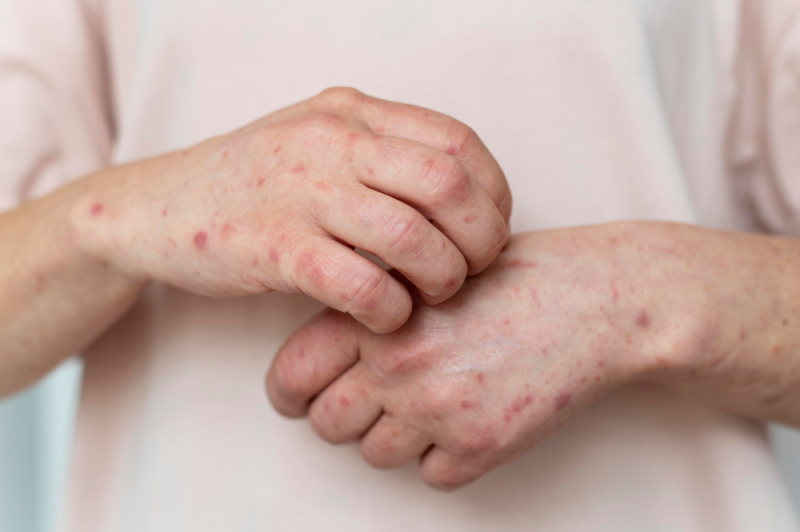
Anaphylaxis is a severe, life-threatening allergic reaction. It can occur within minutes after exposure to an allergen. Symptoms include:
– Swelling of the face, lips, tongue or throat
– Difficulty breathing
– Wheezing
– Hives
– Skin redness
– Itchy skin
– Flushed skin
– Nasal congestion
– Runny nose
– Watery eyes
– Dizziness
– Lightheadedness
– Fainting
If you or someone you are with experiences these symptoms, it is important to seek medical attention immediately by calling 911.
What are the Symptoms of a Broken Bone?
If you think you may have broken a bone, it is important to seek medical attention as soon as possible. Symptoms of a broken bone may include:
– Severe pain at the site of the injury.
– Swelling and bruising around the injury.
– Difficulty moving the affected limb or joint.
– Deformity of the affected limb or joint.
– Numbness or tingling in the affected limb.
When Should You Seek Urgent Medical Attention for These Conditions?
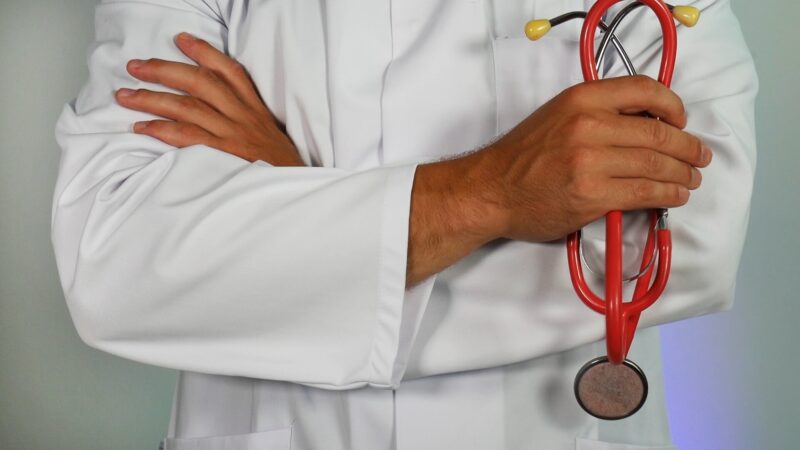
If you are experiencing any of the following symptoms, you should seek urgent medical attention:
– Severe chest pain or pressure
– Shortness of breath
– Weakness, numbness, or paralysis in an arm or leg
– Slurred speech
– Uncontrollable bleeding
– Severe abdominal pain
– Loss of consciousness
Why is it Important to React on Time When You Face Health Problems?

When you face health problems, it is important to react on time so that you can get the proper treatment and care that you need. If you wait too long to seek medical help, your condition may worsen and you may have to undergo more invasive and expensive treatments. By reacting quickly, you can get the best possible outcome for your health.
There are many reasons why it is important to react on time when you face health problems.
– First, if you wait too long to seek medical help, your condition may worsen.
– Second, the longer you wait, the more likely it is that your condition will become chronic and require more costly and invasive treatments.
– Third, if you delay seeking treatment, you may miss an opportunity for a cure or for effective management of your condition.
– Finally, by reacting quickly, you can get the best possible outcome for your health.
If you are facing health problems, it is important to seek medical help as soon as possible. Waiting too long can have serious consequences for your health.
Conclusion
There are many times when you should seek urgent medical attention, but some of the most common include if you are having a heart attack, stroke, or seizure; if you are experiencing shortness of breath; or if you have lost a lot of blood. If you are ever unsure whether or not your symptoms warrant urgent medical attention, it is always best to err on the side of caution and seek help. The sooner you receive treatment, the better your chances will be for making a full recovery.

